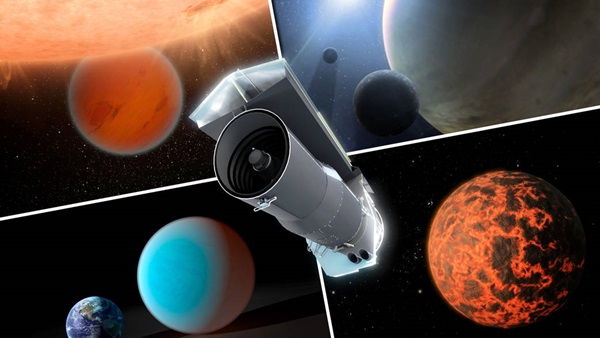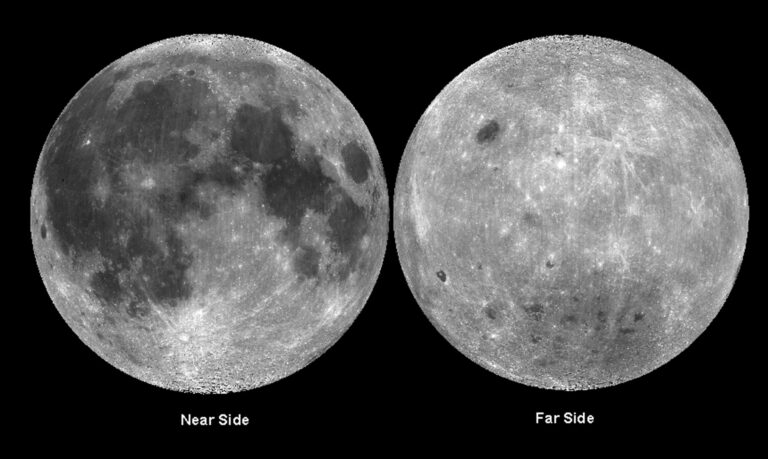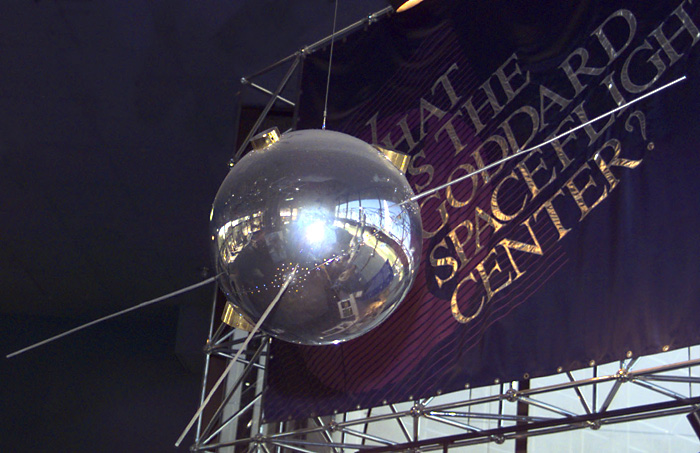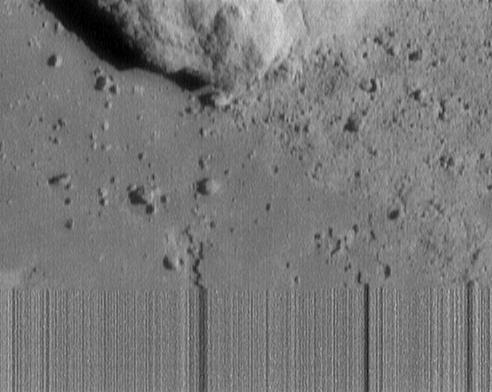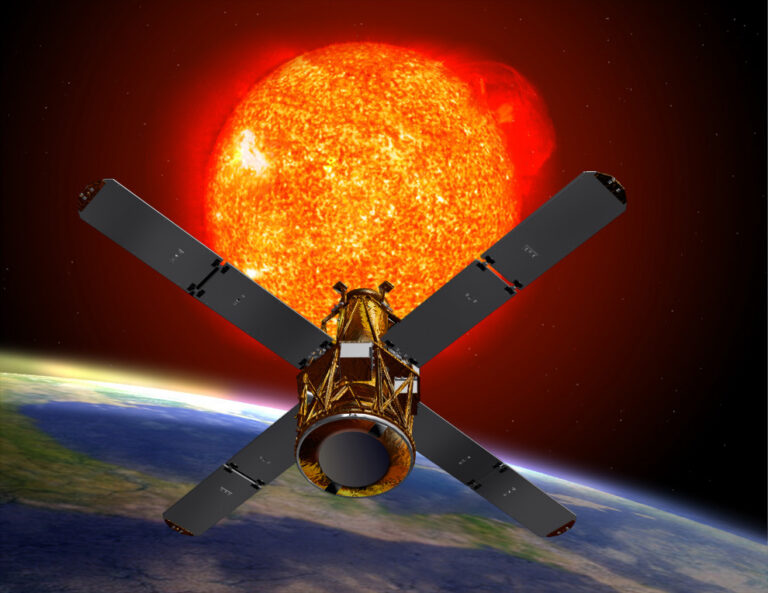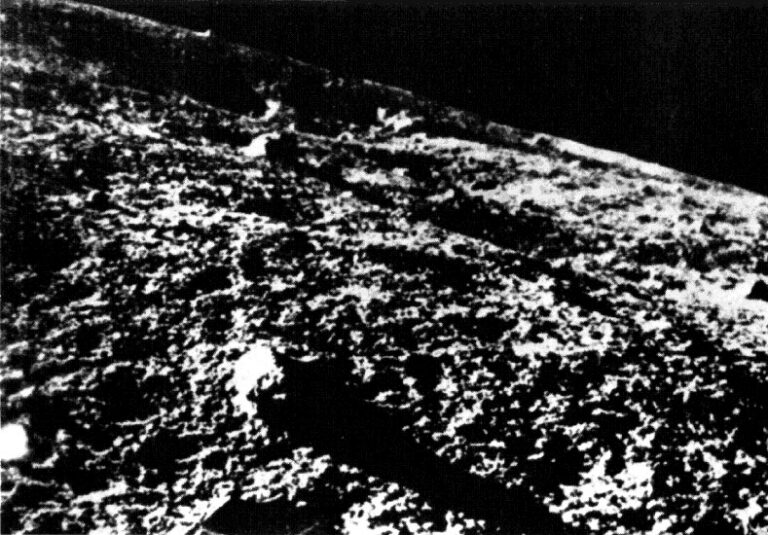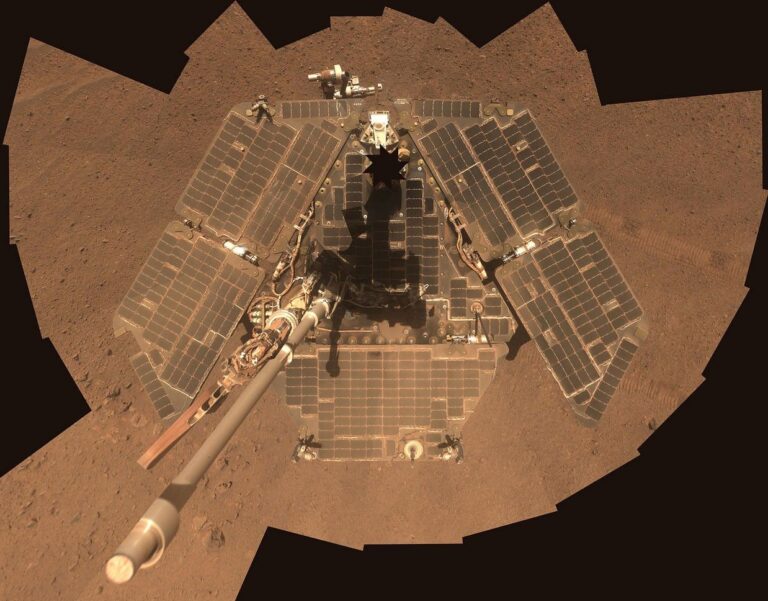On the Tuesday, January 28, Spitzer will carry out its final day working on science missions, which it will spend gathering data on the cosmos. On Thursday, the space telescope will be placed into a “hibernation mode,” leaving it to drift through space forever. Unlike the Hubble Space Telescope, Spitzer will not be deorbited and burn up in Earth’s atmosphere. This is because Spitzer does not orbit Earth; it’s in an Earth-trailing orbit around the Sun.
“You have to be proud when you look back,” said Joseph Hunt, the current Mission manager for the Spitzer mission.
During a press conference held by NASA on January 22, scientists reflected on the legacy Spitzer will leave behind. The panel of Spitzer team members looked back on the marvels it captured, as well as what it gave back to the crew.
According to Suzanne Dodd, the former Mission Manager, much of the team working on Spitzer has been involved with the project since its launch in 2003. Throughout the press conference, many reflected on the pride they felt working on the mission, describing how they wanted to share their work with family and friends, continually spreading the knowledge that Spitzer helped unlock.
“The team is what makes the science matter,” said Hunt.
Throughout 2020, team members will be archiving the data Spitzer gathered throughout its life to aid in future research.
Over its lifetime, Spitzer has captured interstellar wonders through its infrared vision, but recently it has become more difficult to operate. Originally, Spitzer was supposed to retire in 2018 when its successor, the James Webb Space Telescope, was expected to launch. But due to delays that have plagued the new space observatory, Spitzer’s mission was extended until 2020.
After a life dedicated to serving science, now Spitzer’s watch has ended.

